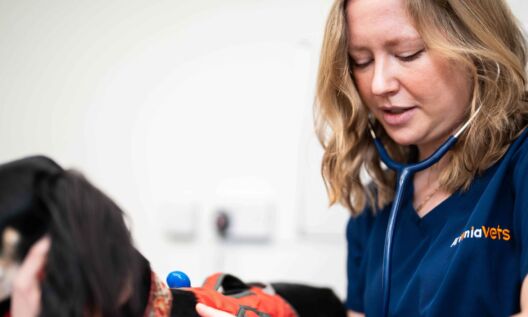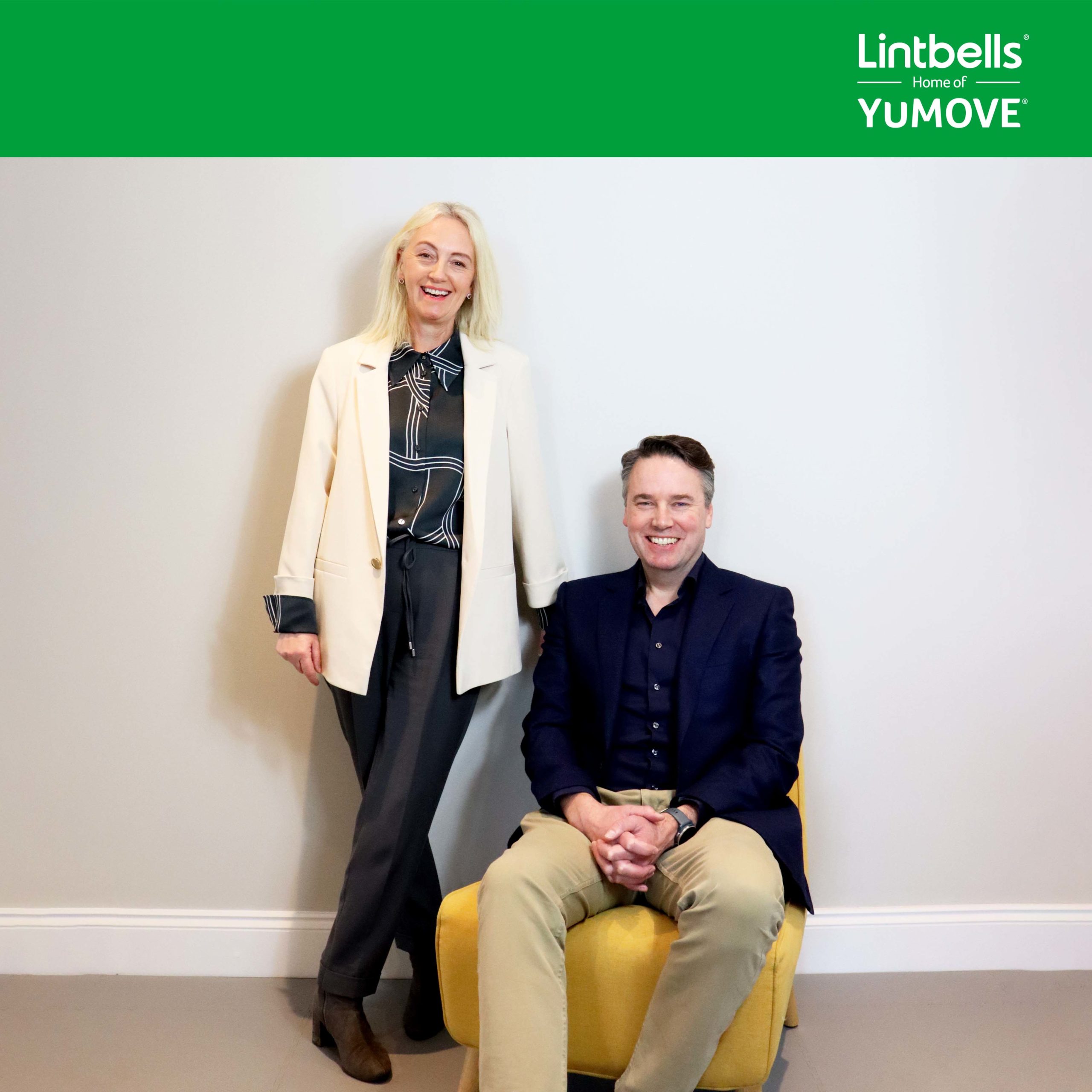Register to get 1 free article
Reveal the article below by registering for our email newsletter.
Want unlimited access? View Plans
Already have an account? Sign in
Some 11% of UK dog owners with a dog who experiences separation anxiety have turned to giving their pup supplements or medication to help manage the problem, according to a survey by Lovimals and YouGov that, among other things, “aims to ascertain the impact of the pandemic on our pets”.
Four in five (80%) have turned to methods to try and help their dog, with 17% of these spending over £100 on treatment for their dog’s anxiety – 4% on prescribed medication and 7% on anti-anxiety supplements.
The issue has also impacted heavily on the wellbeing of dog owners themselves, with almost all those surveyed with a dog who experiences separation anxiety (94%) saying that it affects their life to some extent.
In doing so, 60% of these say they feel guilty when they leave their dog alone, and 22% admitting to not leaving the house as much as they’d like to as a result.
And as life returns to normal, a quarter (27%) of those surveyed said they regret getting a dog, with 17% blaming the lack of freedom they face as the cause.
Olly Johnson, managing director of commerce, Jungle Creations, said: “The rise in dog ownership through the pandemic is well documented, but we must remember that for many dogs having their owners around constantly will be all they’ve ever known. Being left alone all day or in the evening will be a real shock to the system so it is no surprise at all that there is a surge in separation anxiety among our pets.
“As well as introducing supplements such as Lovimals Chill Chews, we’d recommend owners invest in doggy day care, a dog sitter or at the very least a dog walker when they are out for long stretches. Dogs are such a fantastic addition to a family but they cannot be treated as an afterthought – as our research proves.”
Clarisse Berardier, veterinary surgeon, added: “We’re seeing more dogs than usual who are experiencing anxiety, which can present itself as aggressive or destructive behaviour, barking or panting more than usual and repetitive or compulsive behaviours.
“Dogs are very sociable creatures, and thrive off company, so with many owners now resuming their own social lives, and returning to the office after a long spell of being at home 24/7, dogs are suffering. We would always encourage people to get a pet that best suits their lifestyle, not just at the moment, but long term.”




















